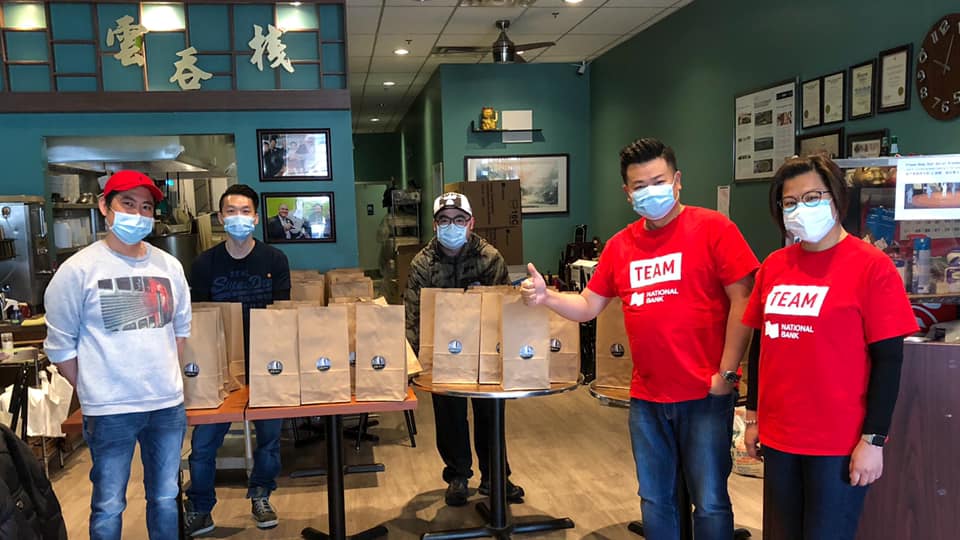Despite being one of the hardest hit industries during the pandemic, many restaurants are finding ways to support their communities.
This isn’t Eddie Yeung’s first brush with a coronavirus epidemic. The chef and owner of Wonton Hut, a cozy noodle shop in Markham, was living in Hong Kong in 2003 when SARS plagued China. “We learned in the most difficult way how healthcare professionals sacrifice to fight a virus and keep us safe,” he says. In the early weeks of the pandemic when it became clear that COVID-19 was going to be a serious—and long-lasting—challenge, he hatched a plan to support healthcare workers. Yeung and his staff spent their days off preparing nourishing meals from scratch—600 in total—for three local hospitals.
The gesture quickly caught on. A delivery company volunteered to deliver the meals and Wonton Hut’s customers donated money to help with food costs.

We’re now two lockdowns deep. Many businesses are on the brink, with restaurants among the hardest hit. And yet, communities all over the province can attest to their compassion, especially during the pandemic.
Many provide space to facilitate makeshift food banks, some give away food boxes, operate community fridges, feed employees, healthcare workers and seniors for free, while others offer pay-what-you- can format meals and pack breakfasts for kids during school shutdowns.
Restaurant owners are lending a helping hand at a time when food insecurity is peaking. Feed Ontario’s 2020 Hunger Report found that food bank use was on the rise even before COVID-19. Just between March and June of 2020, Ontario food banks saw 26 per cent more first-time visitors. And some are realizing that helping others has a positive impact on their businesses, too.
At the start of the first lockdown, Early Riser Cafe, a London mom-and- pop that’s been around since the early ‘90s, was looking for ways to stay afloat—and to help others at the same time. Since buying the restaurant in 2018, Brad Heslop has doled out free holiday meals and worked with local agencies to serve his community. Incorporating ways to give back was a natural reflex.
“When COVID hit, everyone was in need and we had to figure out how we could give back with limited resources.”
The solution was to create an ordering incentive. Ten percent of proceeds and tips went to the local food bank, an initiative that raised over $3,500 for the organization.
During the second lockdown, Heslop made the difficult decision to temporarily lay off his staff, but gave them all the tips that came in. Why, in this difficult time, would he keep giving? “If we have an opportunity and a platform, we can spread the word,” he says. “We were seeing that through the donations. Other restaurants wanted to do the same, it was catching on. We can do well by doing good.”
Of course, not everyone is able to give money. For some, like Lauren Soo, it’s about donating their time and skill. The owner of Fat Choi—a vegan pop-up that operates out of Soos, her family’s modern Malaysian brick and mortar restaurant in Toronto—works with Compassion On The Streets, an outreach group that works with the city’s underhoused population. She donated 220 meals in January.
Fat Choi only operates on weekends and Soo has found part-time employment as a personal chef. But a monetary donation from Dog Tales Rescue & Sanctuary was the catalyst for being able to give that time and talent.
“The whole restaurant situation has been super difficult, but when you look at people who don’t have homes, who are stuck in tents, it makes you realize how fortunate you really are,” she says. “Even if we can’t donate all the time, it’s really nice to be able to partner with people when we can.”
For Yeung, giving back remains top-of-mind despite the challenge of navigating the ebb and flow of closures. In December, he collaborated with local shops to donate proceeds from jars of house-made chili oil, a 70-year-old recipe passed down from his sifu. He was able to donate $2,000 to the Parkdale Community Foodbank.
And he encourages his customers to help. Yeung—and other restaurant owners—welcome support from customers. The easiest ways to make a difference are to order frequently, avoid using third-party delivery apps and look up initiatives in your area to see if you can donate or provide support.
Restaurants are an important part of the cultural fabric of our communities and supporting them has never been easier – or more important.
CONTENT FROM GLOBE CONTENT STUDIO
ORIGINALLY PUBLISHED MAY 28, 2021
as part of the Great Taste of Ontario Special Report





